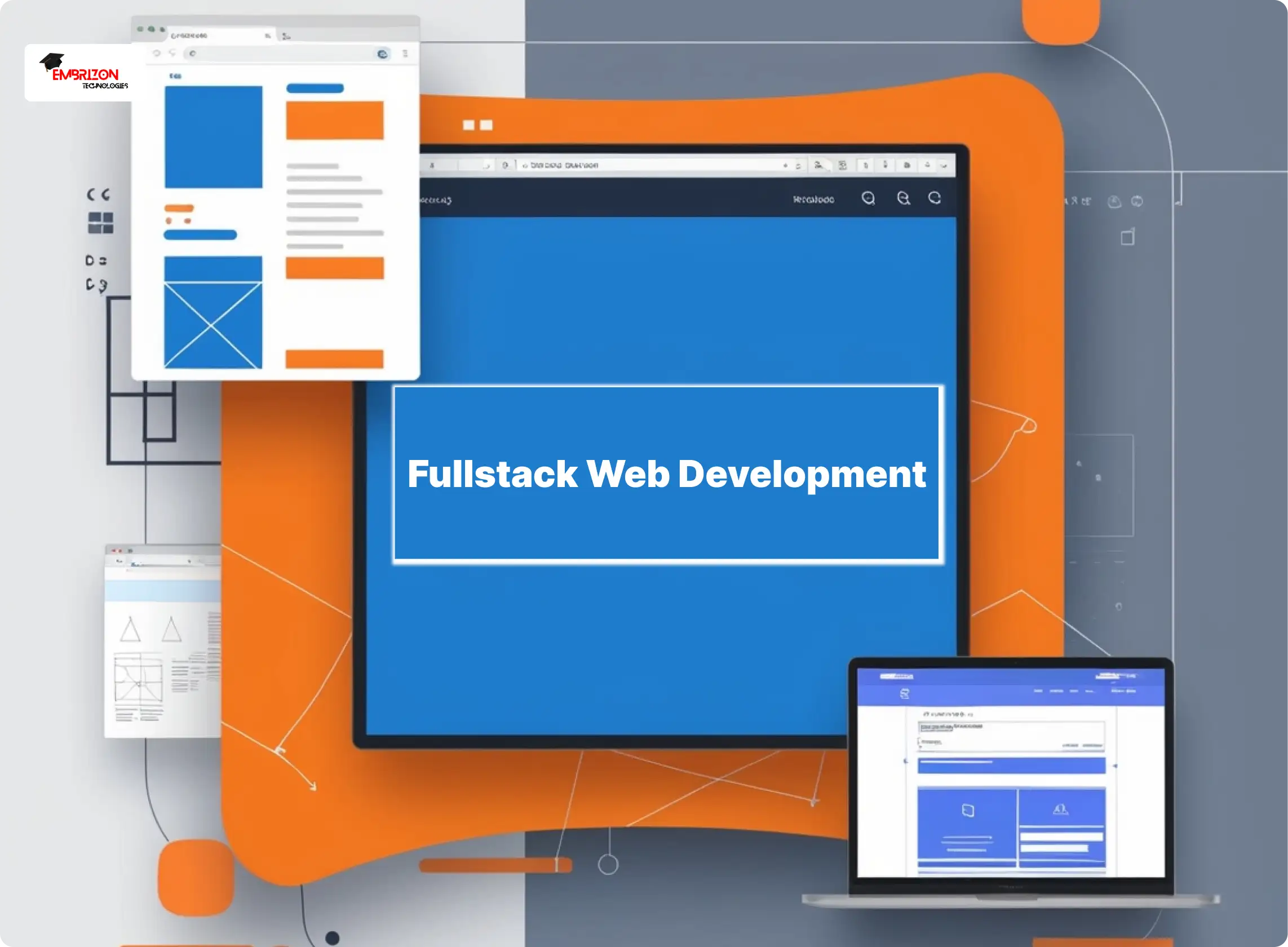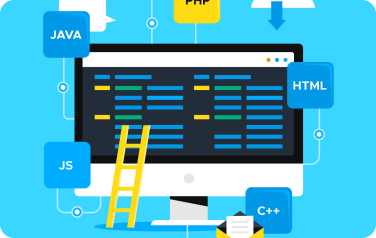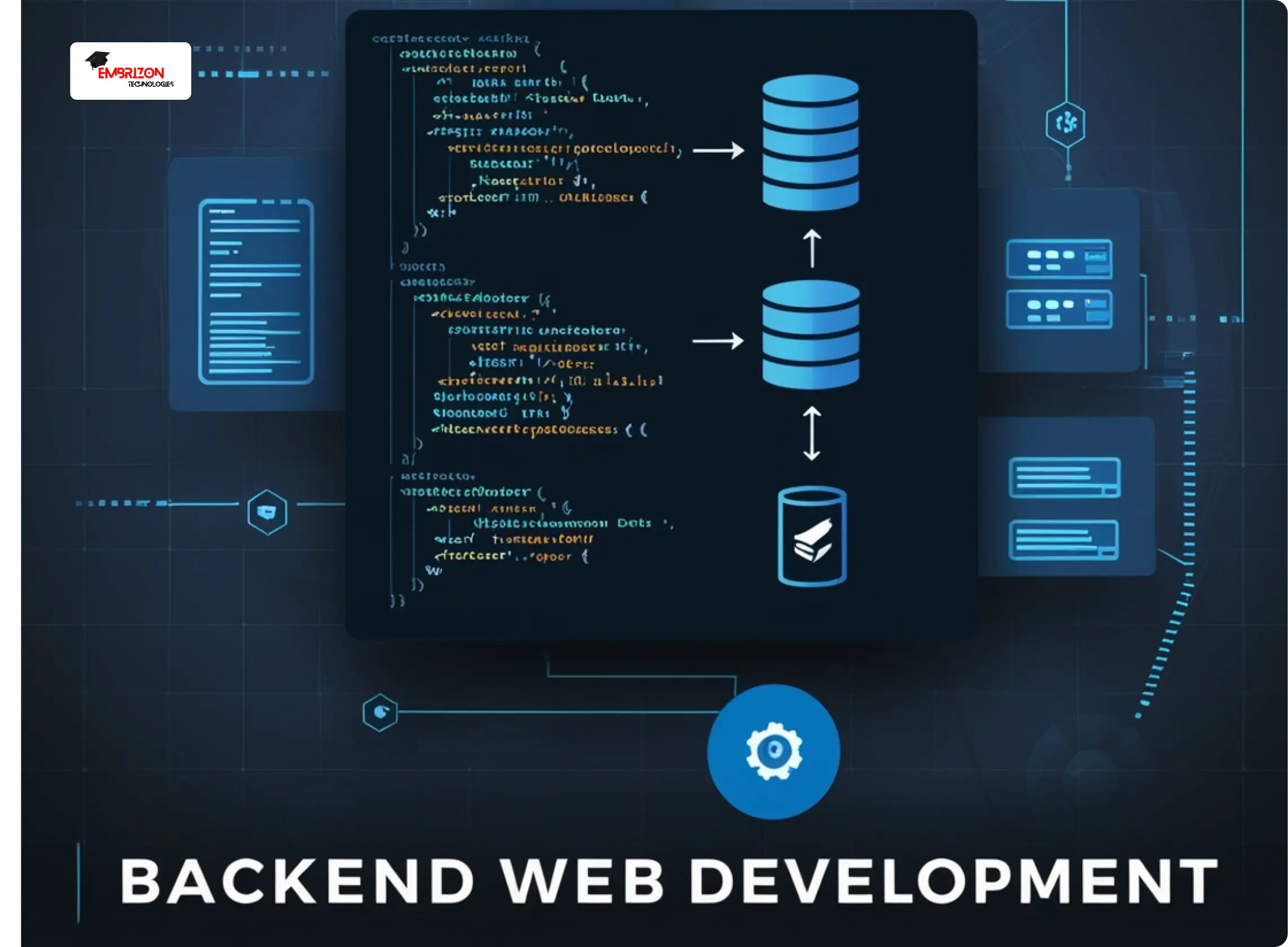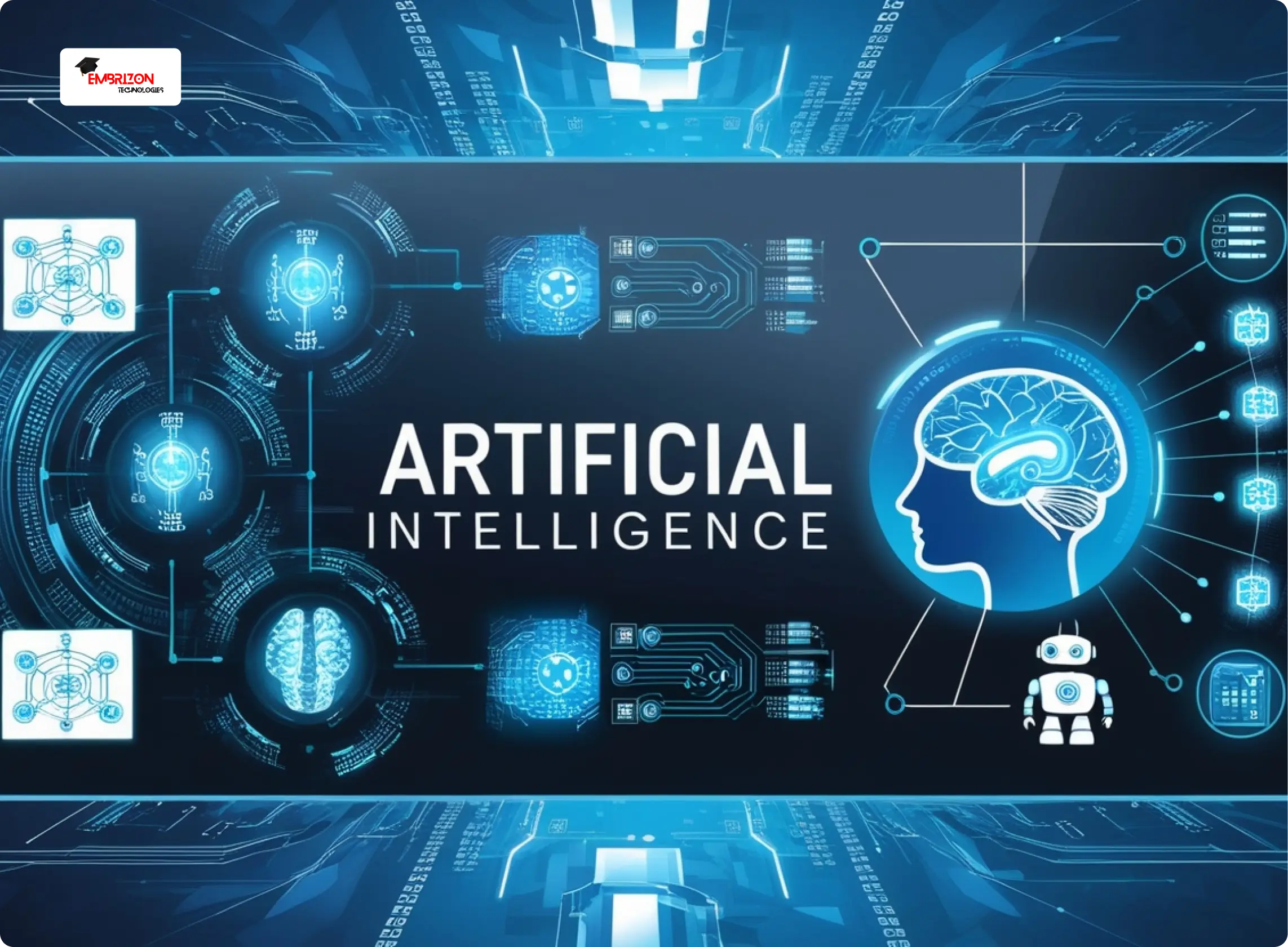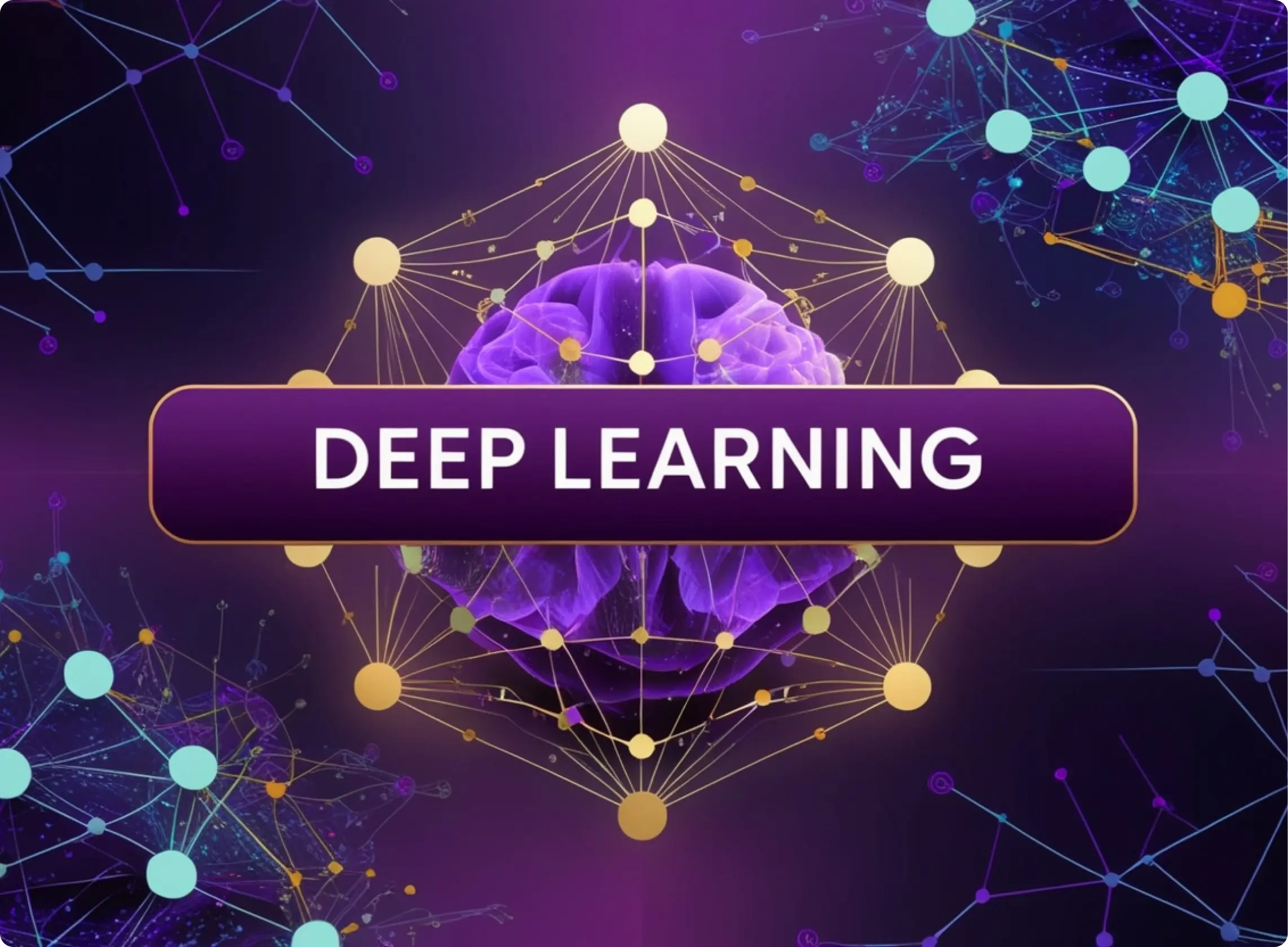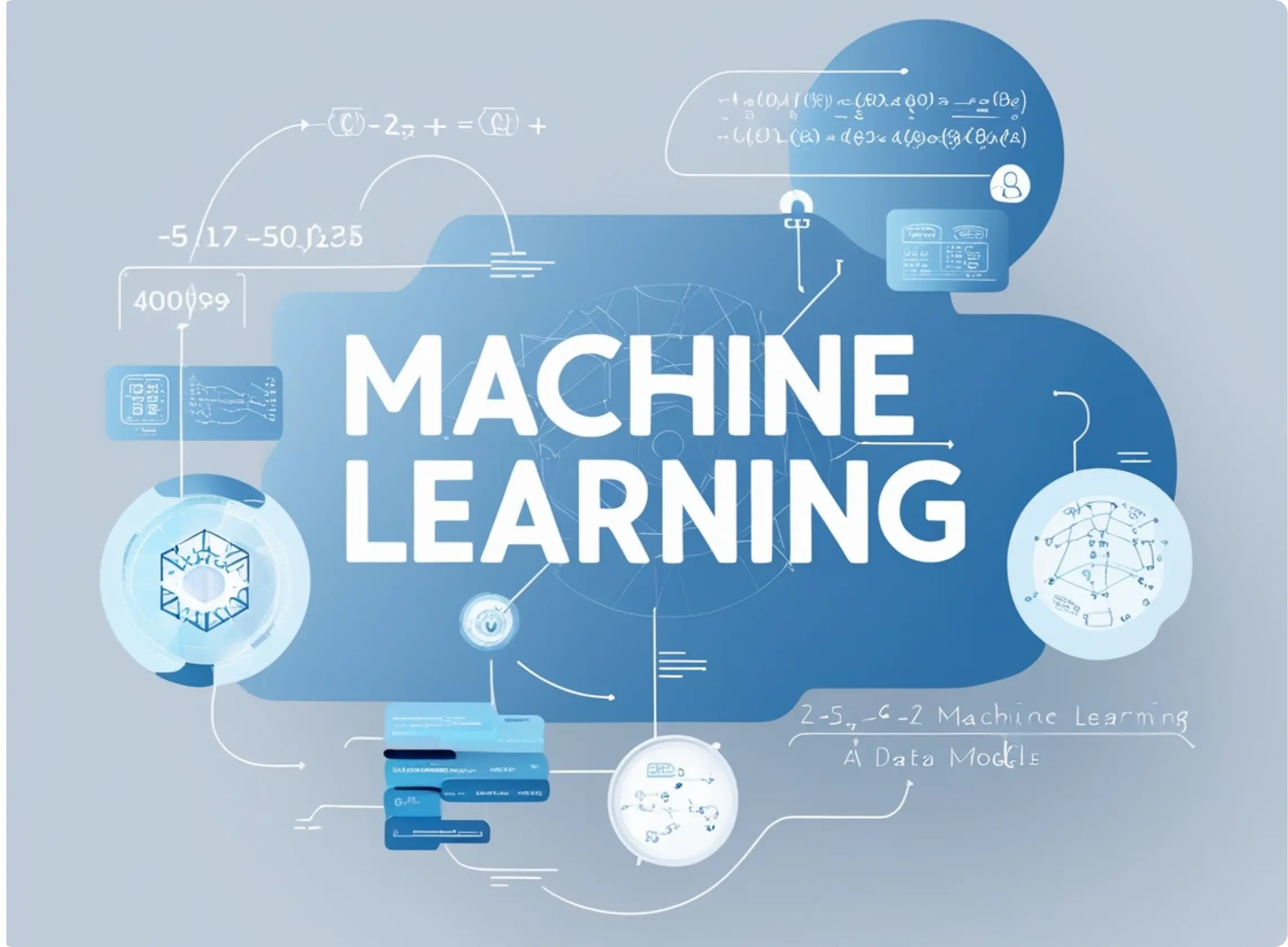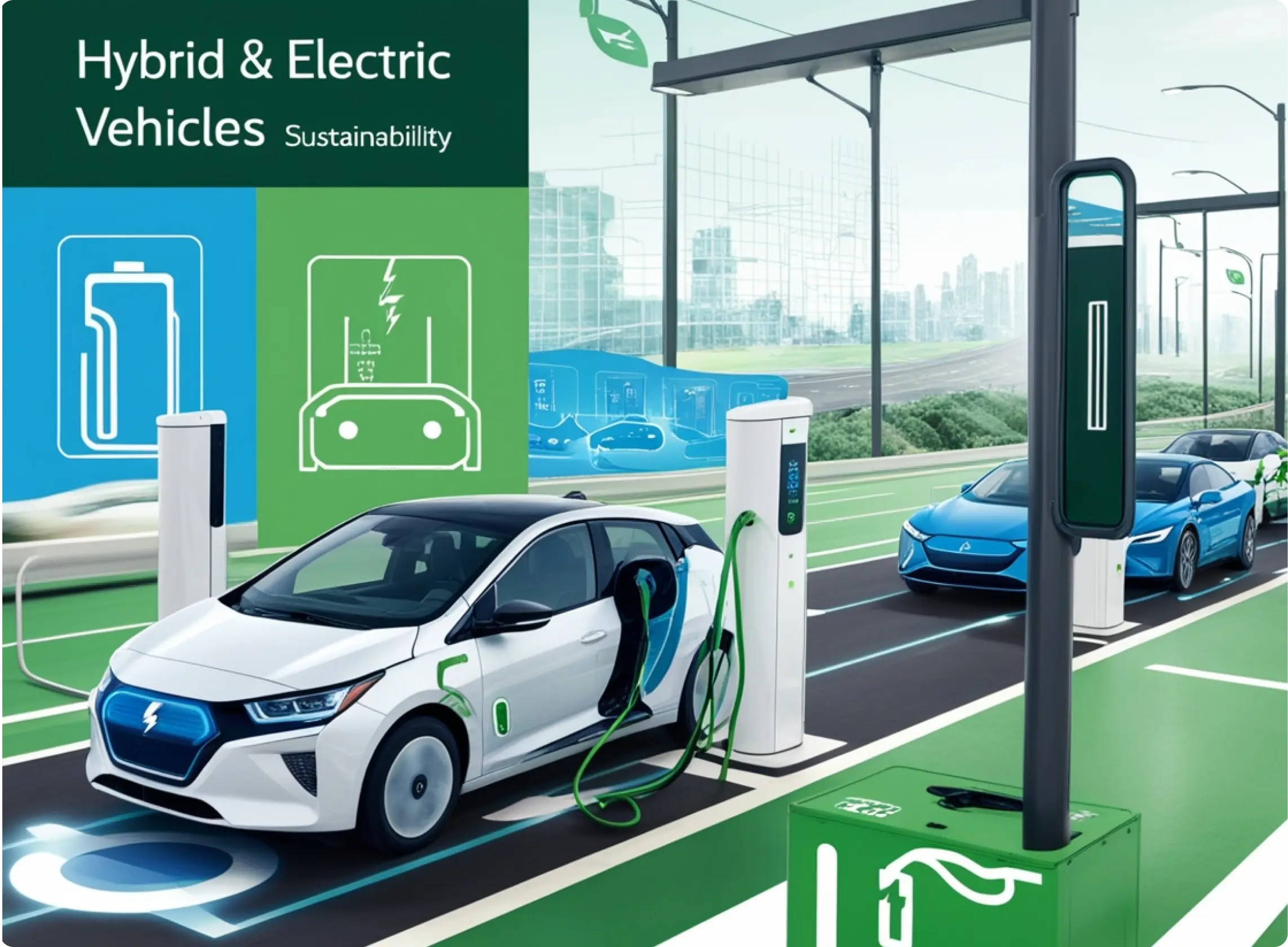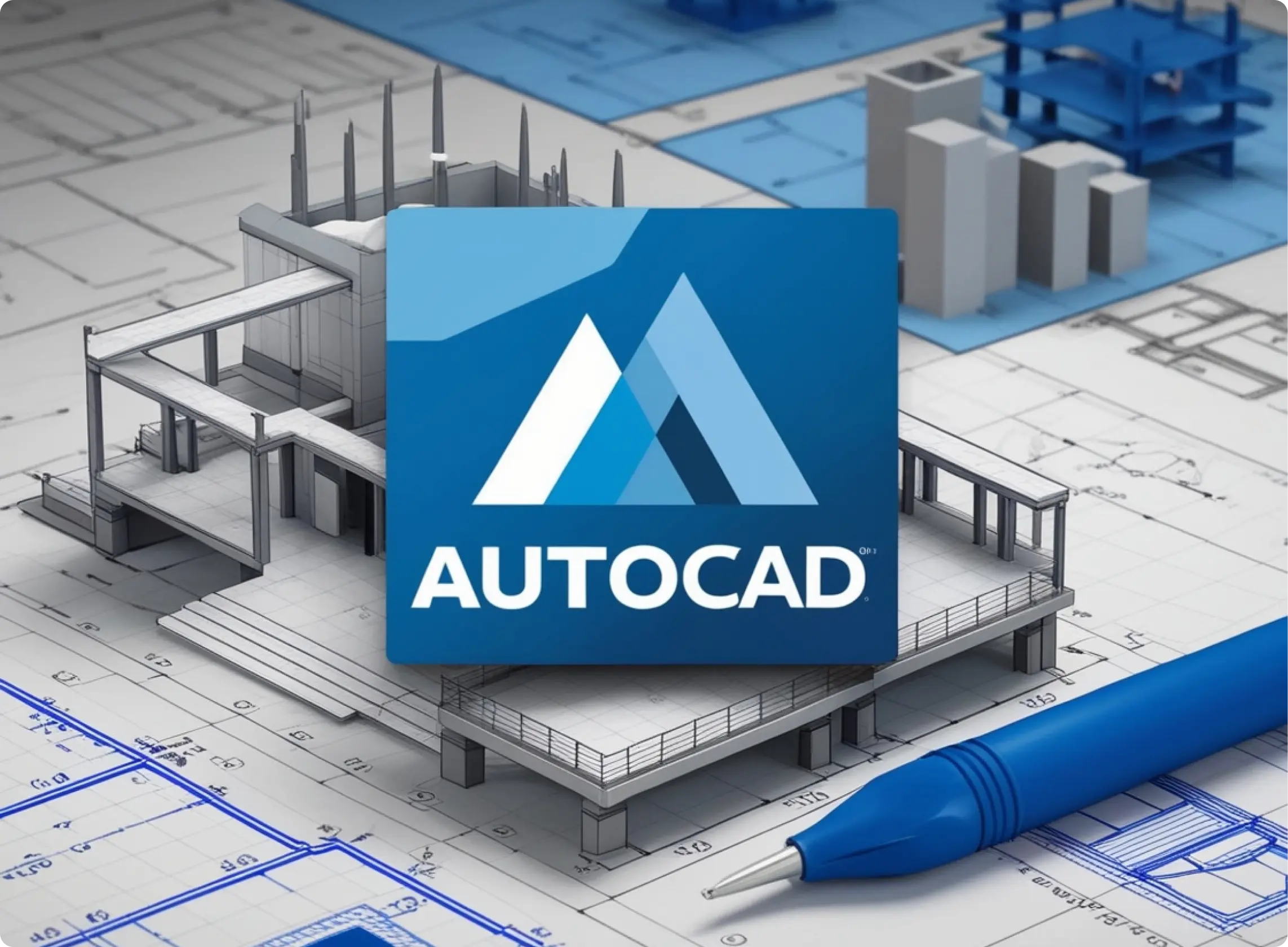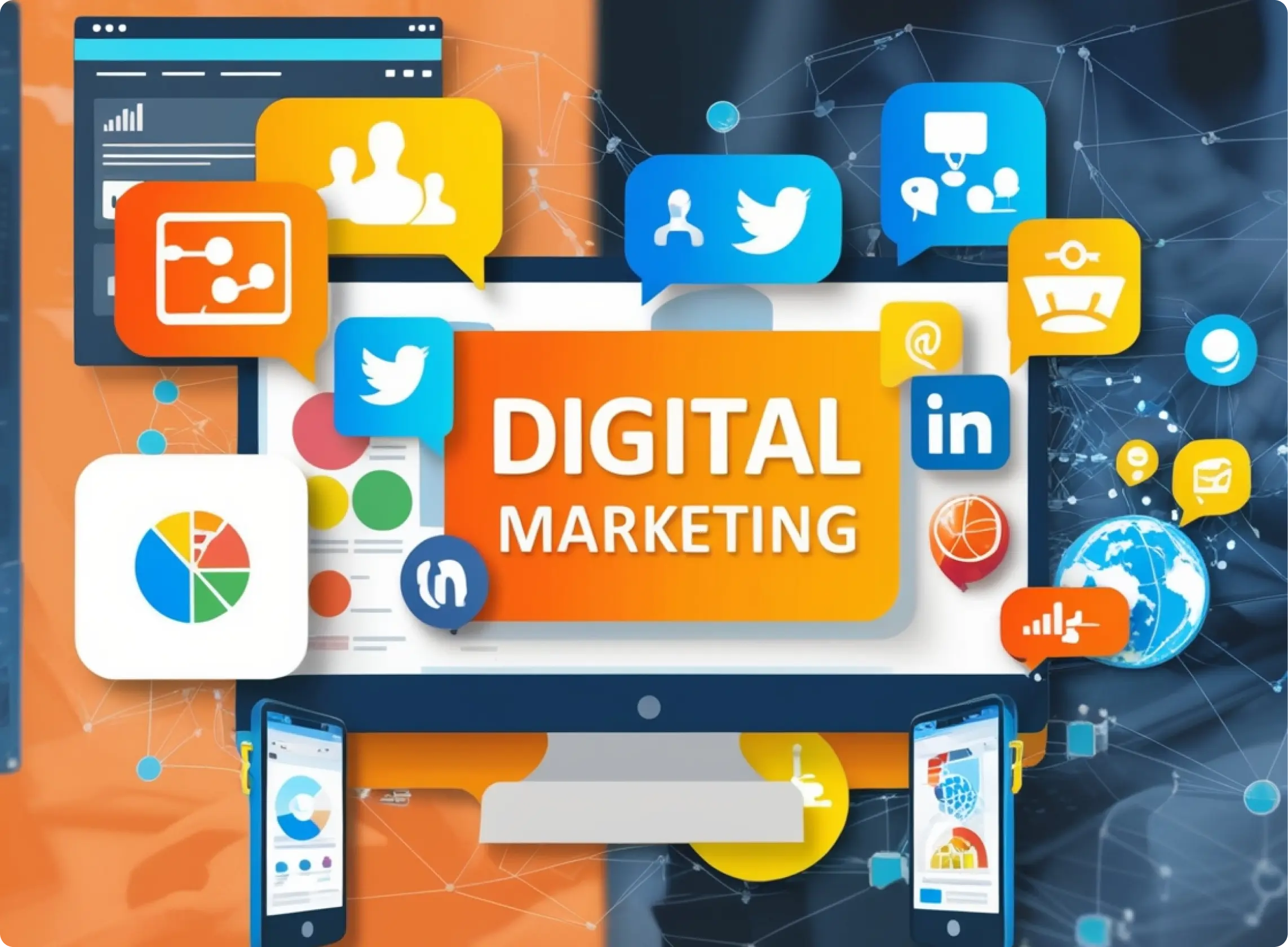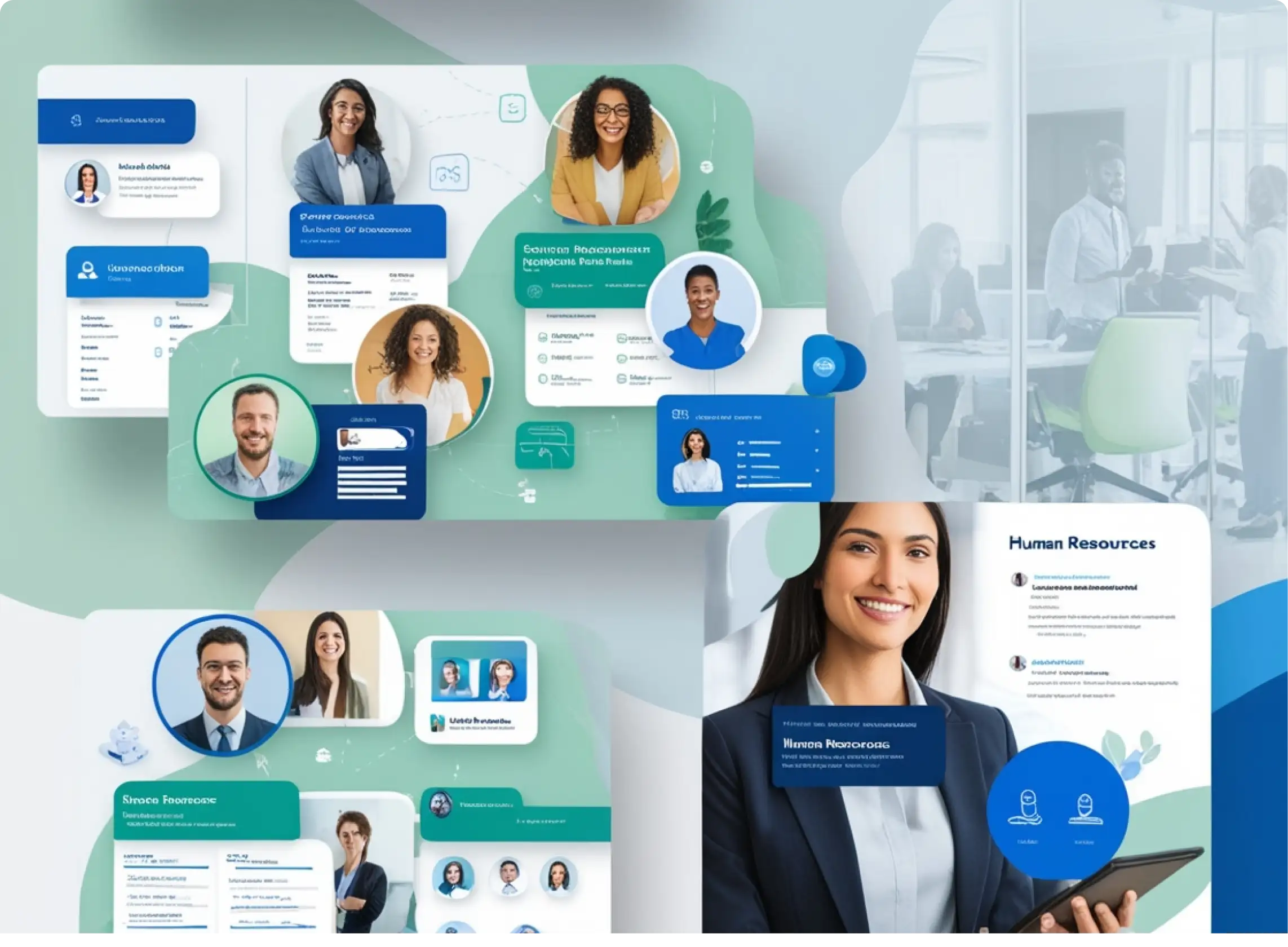Artificial Intelligence (AI) is rapidly changing the world around us. From self-driving cars to virtual assistants, AI is making an impact in many areas of our lives. But what does the future hold for this exciting technology? Let’s dive into what we might expect in the coming years.
AI Everywhere: More Than Just Buzzwords
AI isn’t just a futuristic idea anymore; it’s becoming part of our daily lives. You probably use AI without even realizing it—think of the recommendations on your favorite streaming service or the smart assistants on your phone. In the future, AI will likely become even more integrated into our routines, helping us with tasks we haven’t even thought of yet.
Smarter Machines: The Next Leap in Learning
Machine learning, a big part of AI, is all about teaching computers to learn from data. Right now, we’re seeing amazing improvements in how these systems work. Soon, AI could get even better at understanding complex information, which means smarter and more helpful tools for us. Imagine machines that can predict problems before they happen or suggest solutions to tricky problems!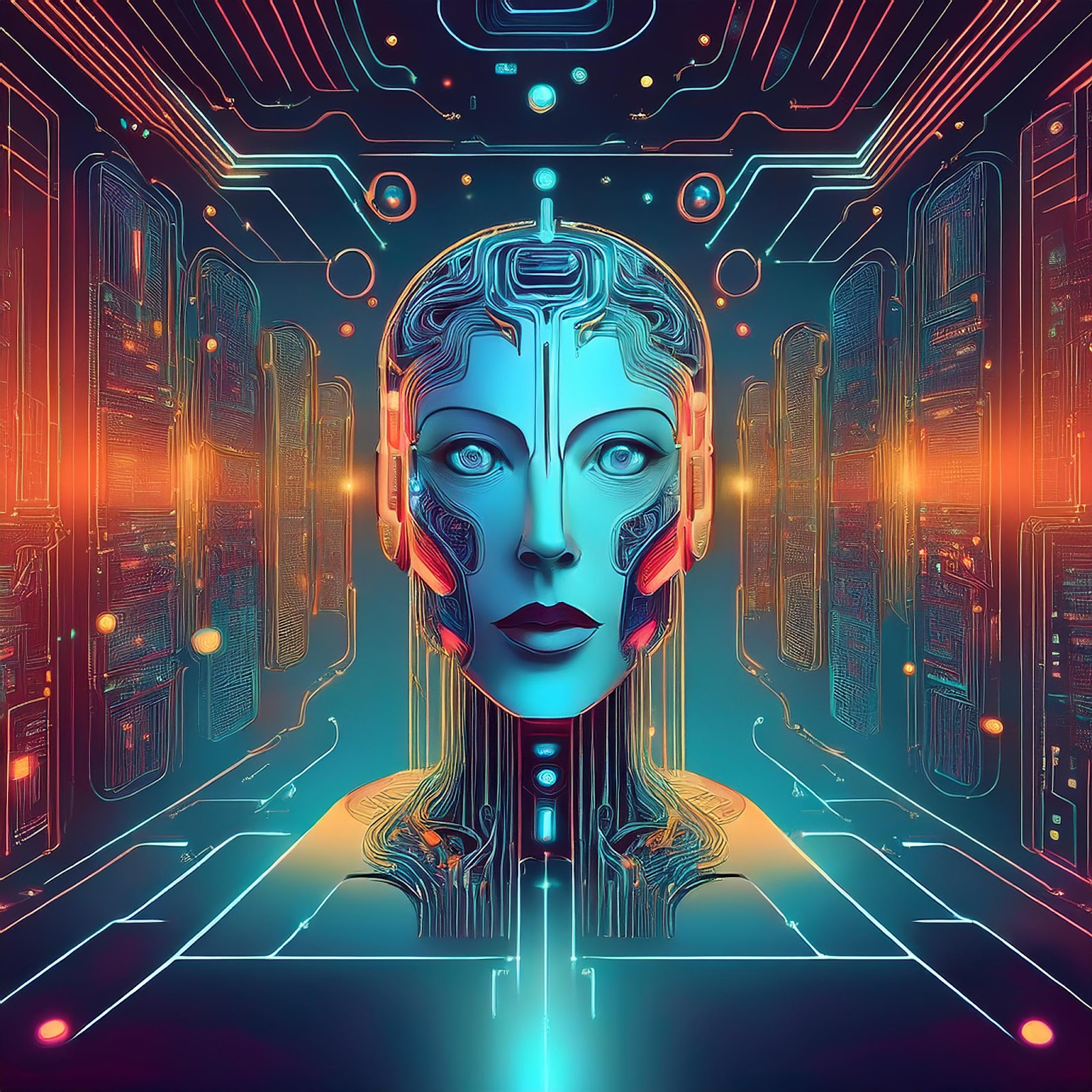
The Dream of General AI
Today’s AI systems are designed for specific tasks—like recognizing faces or translating languages. But there’s a big goal called General AI, where machines would be able to handle a wide range of tasks just like humans do. While we’re still a ways off from achieving this, progress is being made, and it could bring huge changes to how we interact with technology.
Navigating the Ethics of AI
With all these advancements, there are important questions about how AI should be used. Issues like privacy, fairness, and the impact of automation on jobs need careful thought. It’s essential to develop AI responsibly to ensure it benefits everyone. Discussions about AI ethics will likely become more important as the technology continues to grow.
Jobs and AI: What to Expect
One big question is how AI will affect jobs. While it’s true that some tasks might be automated, which could lead to job changes, new opportunities will also arise. It’s important to stay adaptable and keep learning new skills to stay ahead in a job market that’s evolving with technology.
Working Together: Humans and AI
Rather than replacing humans, AI is likely to work alongside us, making our jobs easier. By taking over repetitive tasks and analyzing data, AI can free us up to focus on creative and strategic work. This collaboration could lead to new innovations and improvements in many areas.
In Summary
The future of Artificial Intelligence is full of possibilities. As AI continues to advance, it will become more intertwined with our daily lives, offering new tools and raising new questions. By staying informed and open to new developments, we can make the most of what AI has to offer and navigate its challenges effectively.
Artificial Intelligence (AI) is rapidly changing the world around us. From self-driving cars to virtual assistants, AI is making an impact in many areas of our lives. But what does the future hold for this exciting technology? Let’s dive into what we might expect in the coming years.
AI Everywhere: More Than Just Buzzwords
AI isn’t just a futuristic idea anymore; it’s becoming part of our daily lives. You probably use AI without even realizing it—think of the recommendations on your favorite streaming service or the smart assistants on your phone. In the future, AI will likely become even more integrated into our routines, helping us with tasks we haven’t even thought of yet.
Smarter Machines: The Next Leap in Learning
Machine learning, a big part of AI, is all about teaching computers to learn from data. Right now, we’re seeing amazing improvements in how these systems work. Soon, AI could get even better at understanding complex information, which means smarter and more helpful tools for us. Imagine machines that can predict problems before they happen or suggest solutions to tricky problems!
The Dream of General AI
Today’s AI systems are designed for specific tasks—like recognizing faces or translating languages. But there’s a big goal called General AI, where machines would be able to handle a wide range of tasks just like humans do. While we’re still a ways off from achieving this, progress is being made, and it could bring huge changes to how we interact with technology.
Navigating the Ethics of AI
With all these advancements, there are important questions about how AI should be used. Issues like privacy, fairness, and the impact of automation on jobs need careful thought. It’s essential to develop AI responsibly to ensure it benefits everyone. Discussions about AI ethics will likely become more important as the technology continues to grow.
Jobs and AI: What to Expect
One big question is how AI will affect jobs. While it’s true that some tasks might be automated, which could lead to job changes, new opportunities will also arise. It’s important to stay adaptable and keep learning new skills to stay ahead in a job market that’s evolving with technology.
Working Together: Humans and AI
Rather than replacing humans, AI is likely to work alongside us, making our jobs easier. By taking over repetitive tasks and analyzing data, AI can free us up to focus on creative and strategic work. This collaboration could lead to new innovations and improvements in many areas.
In Summary
The future of Artificial Intelligence is full of possibilities. As AI continues to advance, it will become more intertwined with our daily lives, offering new tools and raising new questions. By staying informed and open to new developments, we can make the most of what AI has to offer and navigate its challenges effectively.

